
West Softens on Al-Qaeda in Syria, Could Africa Be Next on the Chopping Block?
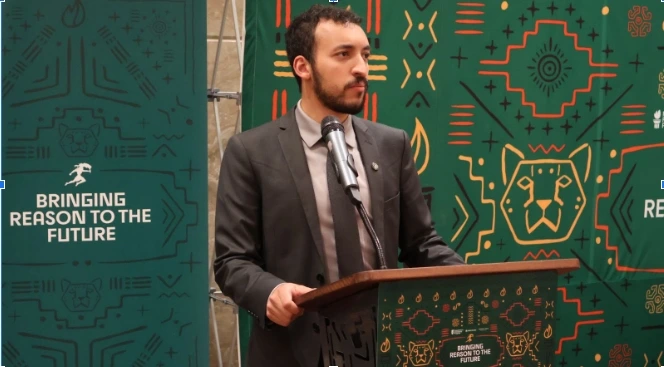
Syria and Hayat Tahrir Al-Sham
The West’s capacity to rehabilitate individuals like Abu-Mohamed Al-Joulani, who spent 13 years with Al-Qaeda and six years as a leading figure in ISIS in neighbouring Iraq, is jaw-dropping. These developments send a troubling message to Africa, in particular countries dealing with terrorism. In 2017, Al-Joulani rebranded his Al-Qaeda affiliate in Syria, Jabhat Al-Nusra, into Hayat Tahrir Al-Sham (HTS). HTS now leads the Syrian opposition and has established a transitional Islamist government in Damascus since the fall of the Assad regime on December 8th. This transition exposes the hypocrisy in Western policy when dealing with terrorists, showing a priority for short-sighted geopolitical goals and economic ambitions rather than defending human rights.
Journalist David Hundeyin has suggested that in the future, groups like Boko Haram, Al-Qaeda in the Islamic Maghreb (AQIM), and Lakurawa might soon be viewed by Western nations as legitimate “rebel forces” to bring democracy to West Africa and the Sahel mirroring the pivot towards tolerating HTS in Syria. This shift is a part of the United States’ historical support for umbrella organisations in the Syrian opposition, such as the Free Syrian Army and the Turkish lead Syrian National Army, both of whom are violent Islamist groups who seek to capitalise on chaos to construct an Islamic state. Even the United Kingdom minister of intergovernmental relations, Pat McFadden, said, “The leader of that group (HTS) has distanced himself from some things said in the past.” That delisting HTS would be a “relatively swift decision”.
No Definition of Terrorism, Abandonment of Christians
The lack of a consistent definition of terrorism in American foreign policy has notably allowed for collaboration with Islamist groups, once labelled terrorists, to govern nations with Western support. As long as HTS’s bloody Jihad is confined to opposing US adversaries like Russia and Iran, operating within a portion of Syrian land, while not threatening allies like Israel, there seems to be a tolerance, if not encouragement, of complete normalisation of such radicals. This policy approach overlooks the plight of Christians in Syria, who these very same Islamist groups have persecuted for the past decade.
In Nigeria, from the beginning of the 21st century, over 62,000 Christians have been killed in a genocidal campaign by Sunni Islamist groups inspired by Al-Qaeda’s ideology of establishing an Islamic state in place of Nigeria’s secular state. The primary actors in the violent campaign are Boko Haram, the Islamic State’s West Africa Province (ISWAP) and Fulani (Muslim ethnic) militias in Northern Nigeria.
Double Standard Leveled Against Africa
French President Emmanuel Macron, who passes up on no opportunity to involve himself and his Neo-colonial regime in African affairs, took to Twitter to celebrate the fall of Syria’s former government at the hands of Islamists. He described the Syrian Secular state as a “barbaric state” while making no mention of Islamists or the immediate risk posed by radical actors in the country. Nigerian Author Oluwasegun Sanusi pointed out that France’s support for regime change in Syria stands in sharp contrast to its response to the overthrowing of Pro-West governments in Africa in the Sahel region.
– Somalia: Al-Shabaab, an Al-Qaeda affiliate, has been persistently active in the nation’s capital, Mogadishu and neighbouring countries in Ethiopia and Kenya.
– Sudan: Jama’at Ansar al-Sunna (JAS), inspired by Al-Qaeda’s ideology, active primarily in Darfur, Sudan, carrying the largest collection of arms inspired by Salafist extremism.
– Mali: In Mali, a series of jihadist groups led by JNIM (Jama’at Nasr al-Islam wal Muslimin), also affiliated with Al-Qaeda.
In the case of all mentioned Sunni Islamist groups, Salafist ideology finds its roots in the Middle East, often sponsored by Western money and Sunni Gulf Monarchies willing to harbour this ideology within their nations for militancy beyond their borders, primarily Qatar in recent history.
Geopolitical Realities
With a handful of ideological extremist groups armed with foreign fighters, weapons and intelligence, African nations must bolster their domestic military strength rather than relying solely on foreign support, especially when it comes from the West. The US has shown in Syria that Western powers prioritise strategic interests over the ethical quality of their partners. In this context, HTS, like fellow African Al-Qaeda proxies, could be part of a broader strategy to destabilise African governments, undermining the critical fight against terrorism and sound governance.
In Africa, terrorism knows no limits or bounds, but in America, it has negotiable terms, not based on morality, international security or ethics, but rather interest. African states must take a different approach, observing the situation in Syria as a dire warning of what could come next in preparation for the worst.
Read More:
- Nigeria’s Nathaniel Bassey Set To Minister At Trump’s Inaugural Prayer Breakfast
- Pan-African Activist Kémi Séba Announces His Candidacy for Benin’s 2026 Presidential Elections
- Peter Obi Raises Alarm Over Threats To His Life Over New Year Message
About The Author
Walid Tamtam
author
Walid Tamtam is a Canadian writer and political commentator focused on foreign affairs, religious identity and ideology in the Middle East and North African region, as well as diaspora affairs.
Walid Tamtam
Walid Tamtam is a Canadian writer and political commentator focused on foreign affairs, religious identity and ideology in the Middle East and North African region, as well as diaspora affairs.
Related Articles
Malian Prime Minister Presents 2025 Government Report, Pledges Stability and Reform
Mali’s Prime Minister, Major General Abdoulaye Maïga, has presented the government’s 2025...
ByWest Africa WeeklyMarch 2, 2026AES Ministers Conclude Roadmap Talks in Ouagadougou, Strengthen Security Coordination
Ministers of the Confederation of Sahel States have concluded high level discussions...
ByWest Africa WeeklyMarch 2, 2026Investigation Links Western Funding Networks and NGOs to African Conflict, Terror Financing, and Organised Crime
A transcontinental investigation has exposed an alleged web of Western-funded organisations and...
ByWest Africa WeeklyMarch 2, 2026Tinubu Approves Additional Endless Federal Road Projects While Old Projects Crawl at Snail’s Pace
President Bola Tinubu has approved a fresh round of federal road projects,...
ByWest Africa WeeklyMarch 2, 2026



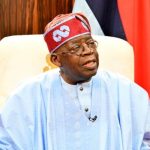

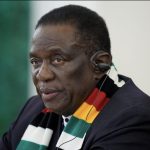
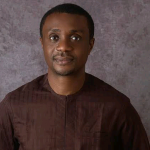
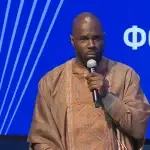
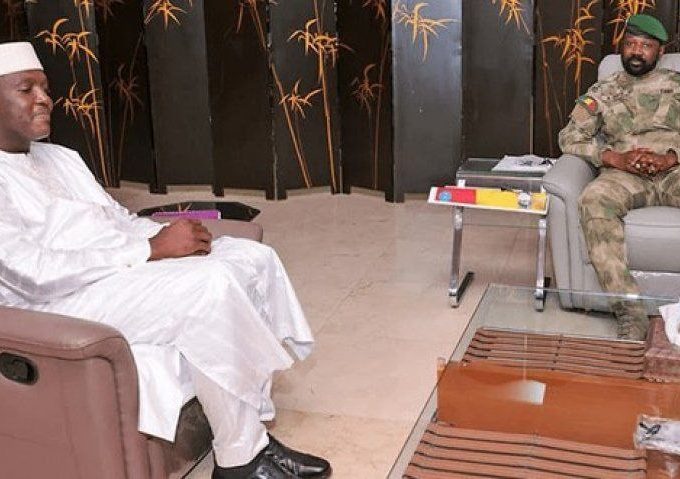
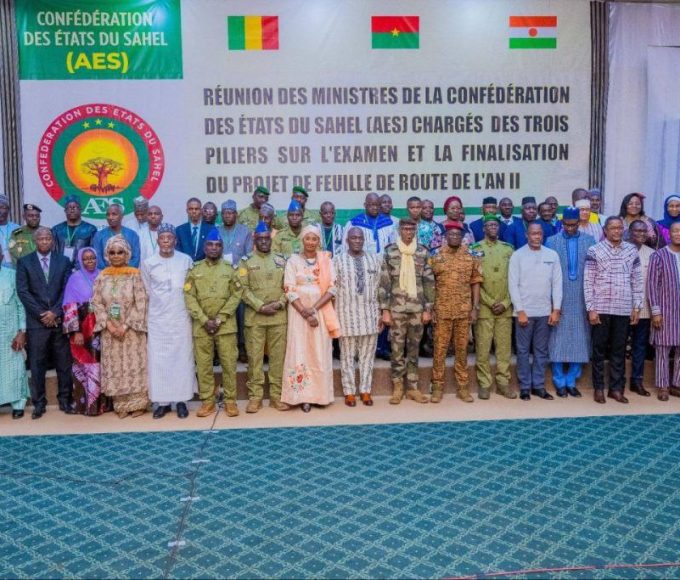
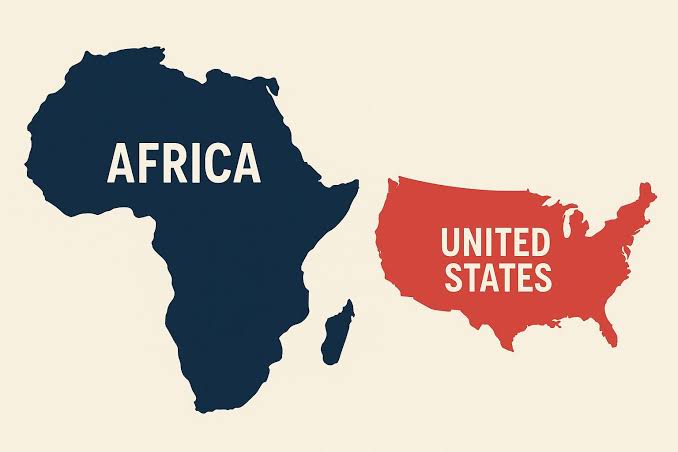
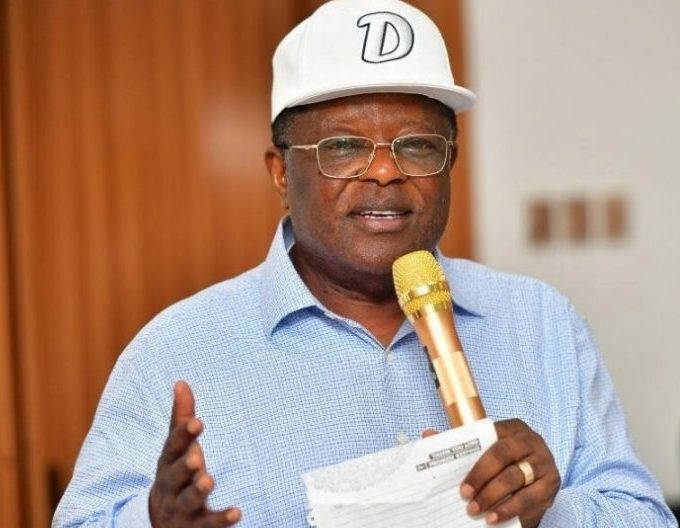
Leave a comment